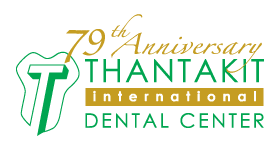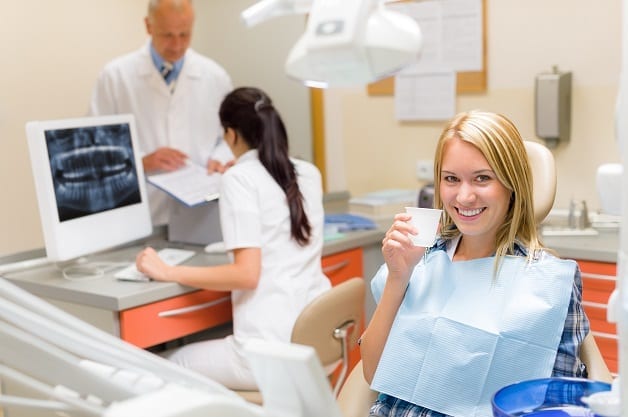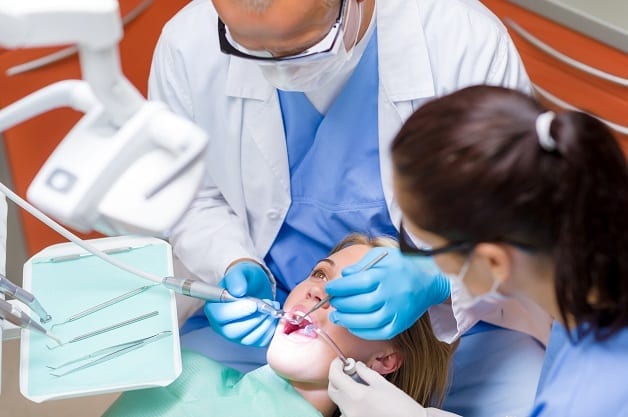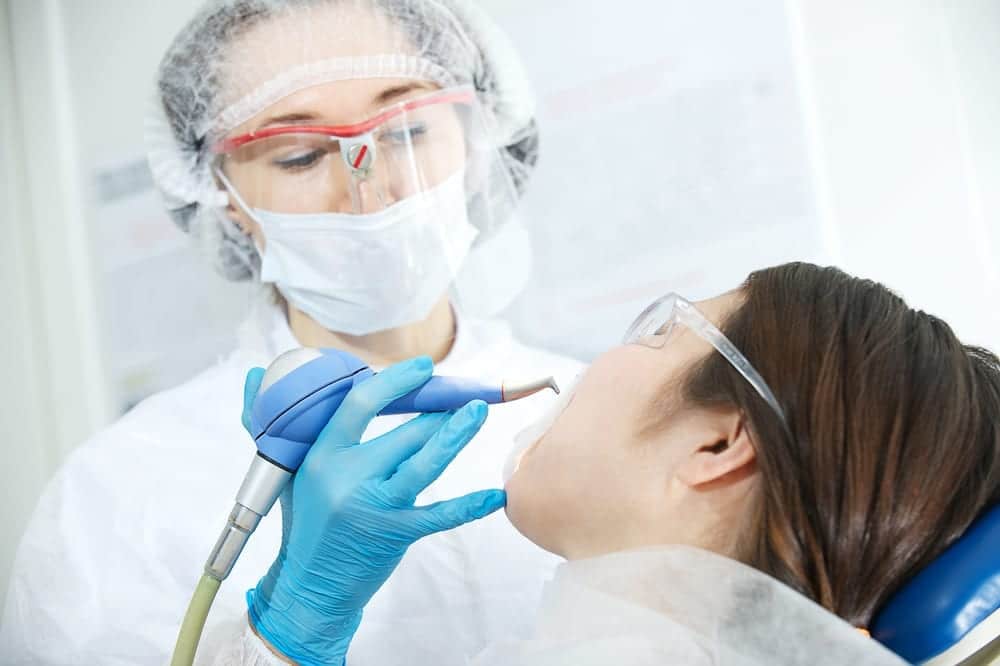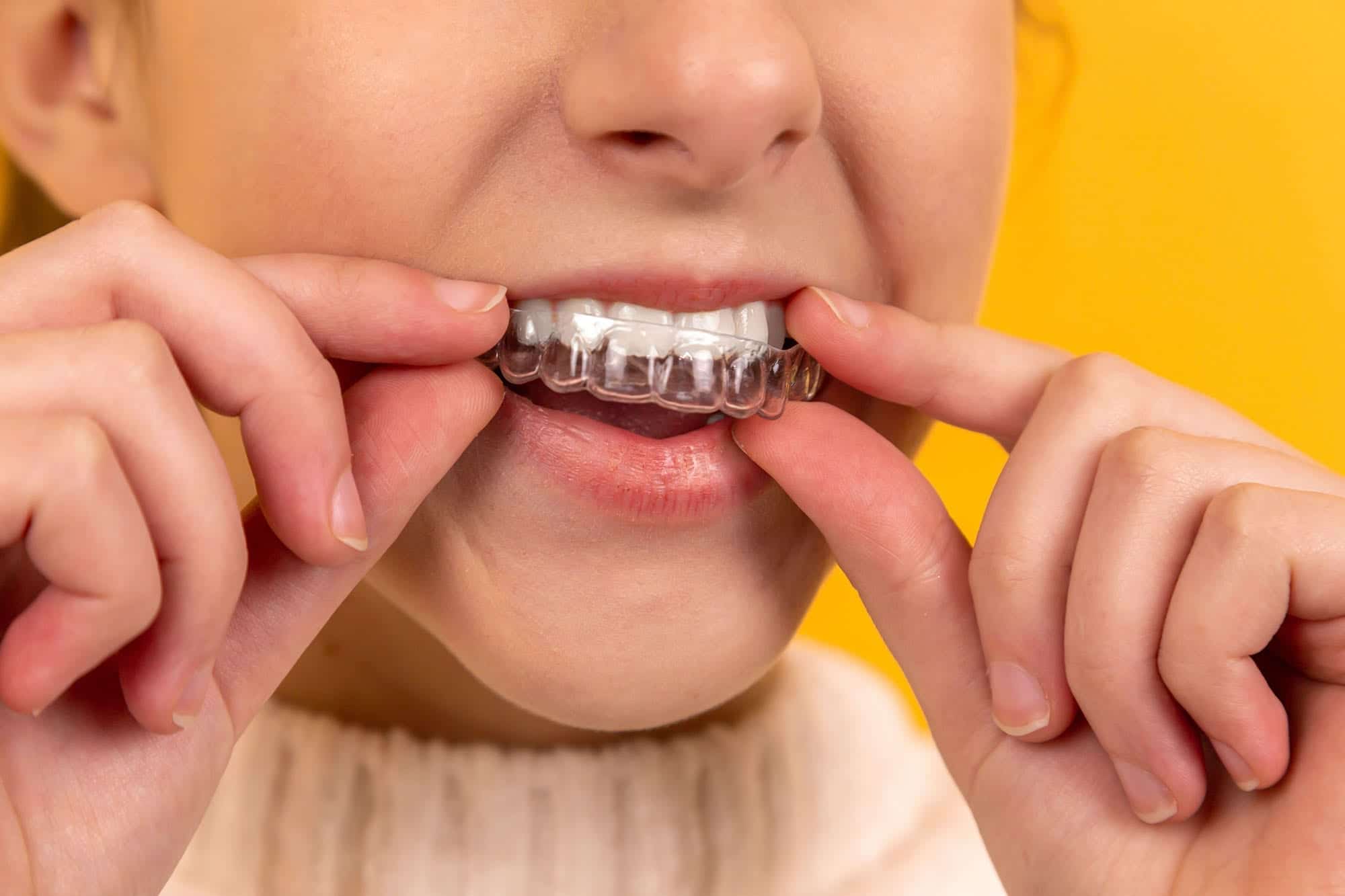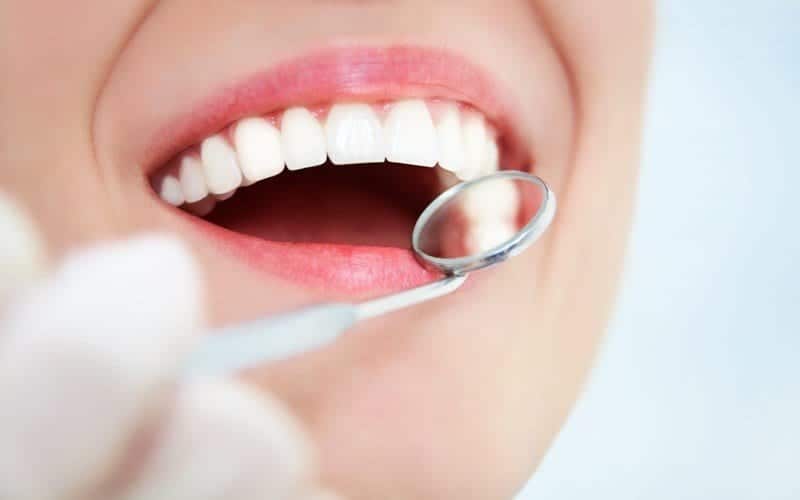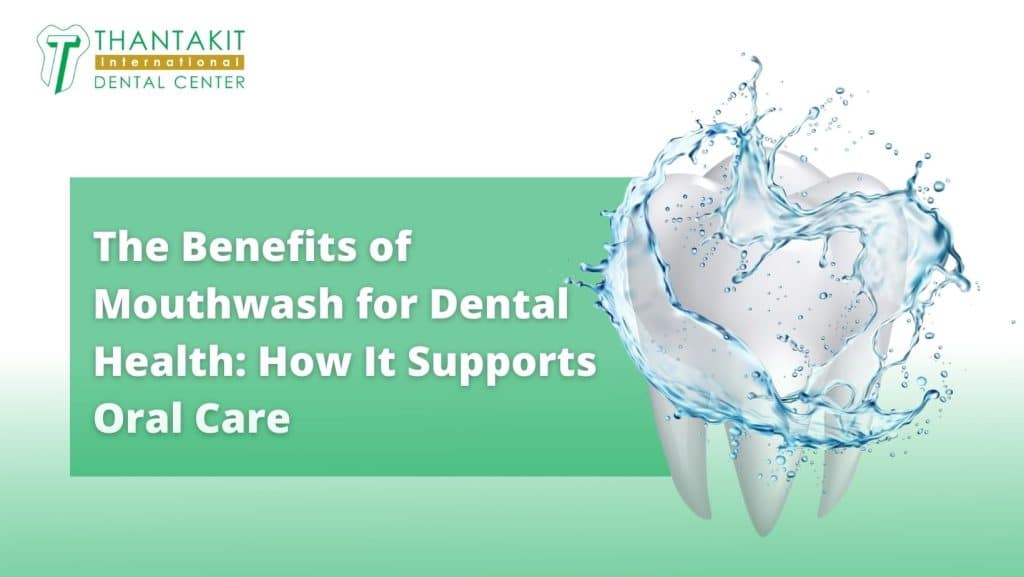Mouthwash is beneficial for dental health when you make it part of your daily oral and dental maintenance regimen. You also have a multitude of mouthwash or mouth rinse brands to choose from, so you also need to know what the earmarks of mouthwash excellence are.
As a rule of thumb, go for the gold standard set by the American Dental Association (ADA). In other words, choose products bearing the ADA Seal of Acceptance.
This ensures you’re provided with scientifically backed assurance that the product meets the ADA standards of quality and safety.
Page Contents
The Primary Purpose of Mouthwash
The primary purpose of mouthwash is to kill the majority of bacteria to prevent gum and tooth root infection from plaque formation while leaving behind good bacteria actually needed by the mouth.
This means you should occasionally use mouthwash to get fresher breath and prevent halitosis while regularly flossing and brushing as part of your oral regimen.
It can help prevent gum disease and tooth decay, but it’s still predicated by your dental hygiene regimen. It’s a supplement and not a replacement for brushing teeth.
The Types of Mouthwash to Choose from
There are two types of mouthwash or oral rinses to choose from: therapeutic and cosmetic.
-
Cosmetic Mouthwash: Cosmetic mouthwashes are OTC products that can temporarily help if you’re suffering from bad breath, which is clinically known as halitosis. They need to be applied occasionally to work.
This mouthwash type helps assist your dental brushing and flossing by rinsing away the dirt, debris, and bacteria while leaving your breath smelling fresh and minty.
Although the term “cosmetic” implies that the benefits of the commercial-grade mouthwash is only skin deep or temporary, it still packs quite the punch in keeping bacterial populations low and controlled.
You get halitosis when you neglect brushing and flossing as well as mouthwash. Cosmetic mouthwash is mostly there to remove bacteria and mask odor with minty ingredients.
Some mouthwashes even have fluoride in them that you need to leave in your mouth for longer than usual to let them settle into your teeth enamel.
-
Therapeutic Mouthwash: You can avail yourself of therapeutic mouthwash by getting a prescription from your dentist or oral doctor. Then you can buy it at your local drugstore by presenting the prescription.
They differ from “regular” or “commercial” cosmetic mouthwash with their stronger formulation involving concentrated ingredients that fight heavy plaque buildup, prevents cavity formation, reduces halitosis, and boosts your oral cleanliness.
The point of therapeutic mouthwashes, as its name suggests, is therapy or treatment of advanced or worsening halitosis (that’s usually a sign of systemic or deeply rooted oral, dental, gingival, or periodontal diseases).
While cosmetic mouthwashes make your mouth smell and feel fresher with mint and antibacterial properties, therapeutic mouthwashes offer higher-grade oral antibiotic abilities to deal with plaque, tartar, tooth decay, or periodontal disease.
You can also consider specialized antiseptic mouthwash used for dry mouth and mouths that underwent oral surgery as therapeutic mouthwash you can only avail of by prescription.
Therapeutic mouthwashes are much stronger than commercial grade “cosmetic” mouthwash because of their stronger antibacterial formulation to address underlying diseases that the “weaker” brand of mouthwash couldn’t deal with, such as dry mouth.
However, they both have the goal of fighting the buildup of plaque and cavity prevention. One is just stronger than the other and shouldn’t be used unless you’re dealing with an underlying condition.
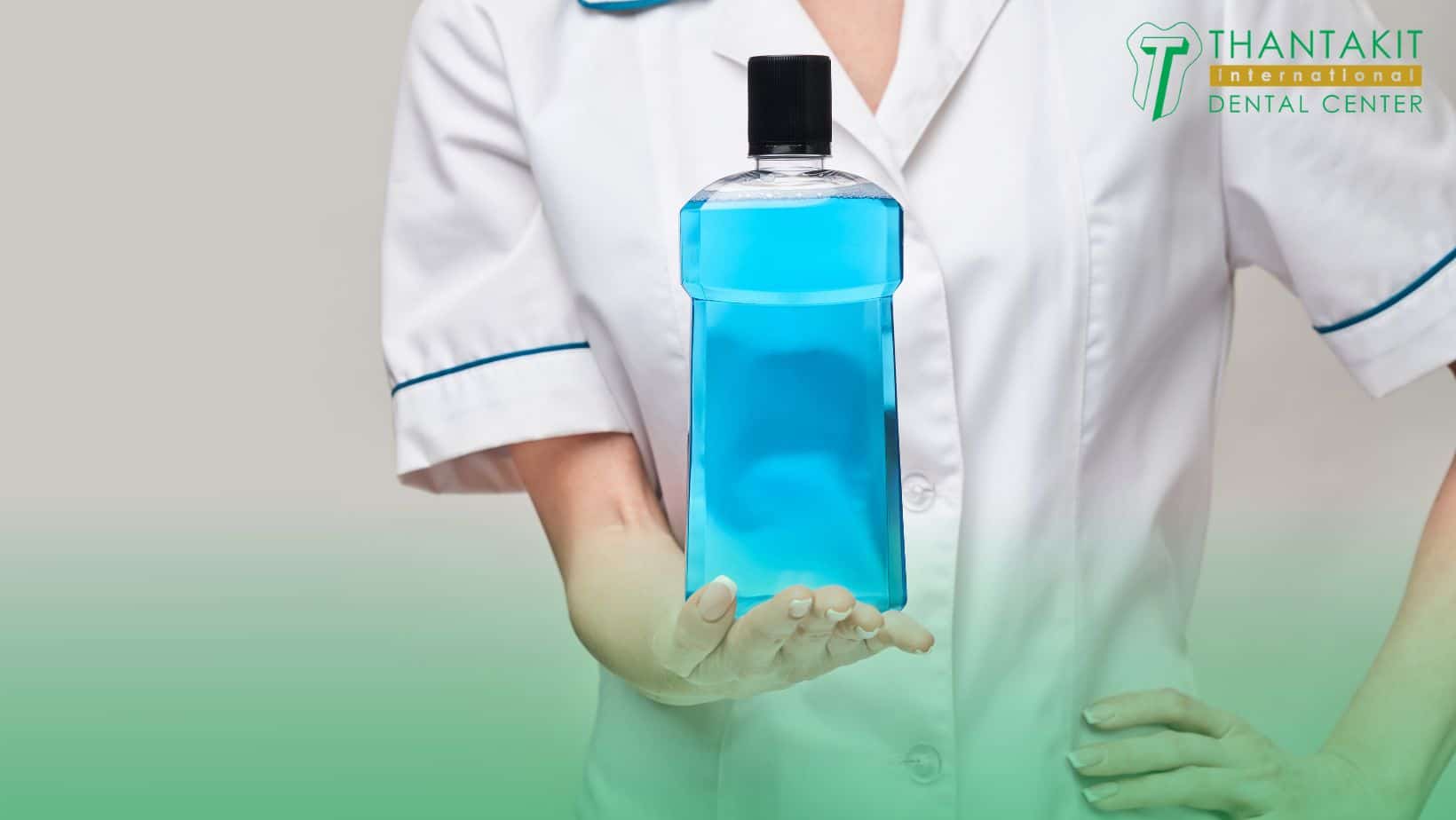
The Benefits of Mouthwash
According to various experts, the use of mouthwash or rinse can be quite a beneficial action to add to your oral and dental maintenance regimen when done in the correct or dentist-recommended manner.
To be more specific, they come with the following benefits and advantages.
-
The Bacteria Killer: Mouthwash is designed to kill bacteria. It’s formulated with antimicrobial agents such as essential oils or alcohol. They work to kill most of the bacteria in your mouth, usually 99.9 percent of them.
This bacterial wipe out helps decrease halitosis, bacterial infection, cavity formation, and gum disease. It’s particularly effective when used after flossing and brushing your teeth.
-
The Breath Freshener: Mouthwash can also noticeably freshen your breath either with the assistance of mint and deodorizers or by killing the usual root cause of your halitosis, which is rampant bacterial spread.
The mouthwash mostly does its deodorizing by killing the odor-causing bacteria (just like the way underarm deodorant works). It can also mask bad breath with minty fresh ingredients, but total oral cleanup is still your best bet.
-
The Gum Disease Fighter: Mouthwash is also known for fighting against gum disease through preventative measures. When used in tandem with flossing and brushing, you’re less likely to suffer from plaque-induced mild gingivitis.
It’s particularly effective in treating bleeding gums and keeping gingivitis from progressing to periodontitis. Gargling mouthwash twice a day or every other day keeps bacteria levels low, which in turn reverses and treats any existing gum and periodontal disease.
-
The Cleaner and Deodorizer: The mouthwash, whether it’s cosmetic or therapeutic, is designed to freshen our breath by removing the source of the stink. It’s plaque, tartar, and bacteria that turn the food into acidic content that the mouthwash literally washes away.
To be more specific, the simple act of swishing or gargling the mouthwash (such as Listerine, Colgate, Act, or Crest) inside your mouth for thirty seconds will leave your mouth clean and deodorized as well as minty fresh. The swish technique is a good way to leave your breath clean on short notice!
-
Dry Mouth Reducer: You can avail yourself of therapeutic or high-grade prescription brands of mouthwash that help stimulate saliva production in case you have a disease or you’re taking medication that causes dry mouth.
It’s dangerous to leave your mouth dry because saliva is one of the primary oral safeguards you have against bacterial infection and its many complications, including gangrene and sepsis. Gargling therapeutic mouthwash will keep your mouth moist and make you produce more saliva.
-
The Plaque Reducer: The best way to remove plaque or starchy film left on the surface of your teeth is still brushing your teeth with a toothbrush and flossing with waxed dental floss. You really need to scrape those layers off!
Regardless, plaque reduction can happen from mouthwash alone, specifically the ones containing fluoride. This ingredient helps reduce buildup of plaque on your enamel surfaces, thus lowering your risk of tooth decay and dental cavities.
-
The Debris Remover: Instead of just using plain water to gargle then spit out the food debris and plaque you’ve brushed away with your toothbrush and toothpaste, you can really remove all that loosened up debris with mouthwash.
Mouthwash is better at removing food stuck on and between your teeth as well as all over your tongue and mouth because its ingredients also kill bacteria while doing so. It’s like a weak acid wash or bleaching of your mouth that also carries your leftover food particles once you spit it out.
-
The Sensitivity Reducer: There are many ways mouthwash can help reduce your teeth sensitivity if you suffer from that, chief among them is its fluoride ingredient. Bathing your teeth in fluoride ensures cavity protection by reinforcing your enamel.
Fluoride is a mineral that helps enamel grow stronger, just like calcium for your bones. The stronger and denser your enamel, the less sensitive your teeth will become to hot or cold foods. High fluoride levels also reduce overall sensitivity by blocking the sensitive areas of the teeth.
-
The Oral Hygiene Enhancer: Mouthwash shouldn’t replace brushing and flossing. It should instead make them more effective. Add mouthwash to make your brushed and flossed teeth extra clean when all is said and done.
When you use it along with regular flossing and brushing, it ensures that the bacteria and plaque you’ve removed die out. Don’t overdo it, though, because some good bacteria should remain in the mouth.
-
The Cavity Protector: If you want cavity protection, brush, and floss regularly. Afterwards, add that extra layer of protection by occasionally gargling with OTC or prescription mouthwash that specifically contains fluoride.
This fluoride strengthens teeth enamel like calcium would while also having antibacterial properties to it. Taking more fluoride from your toothpaste to your mouthwash as well as your fluoridated water ensures that the mineral will permeate into your teeth shell to reinforce it.
-
The Teeth Whitener: Yes, even cosmetic mouthwash can help whiten your teeth by making your flossing and brushing hygiene regimen more effective, thus yellowish plaque is removed and the much whiter natural tooth color of your enamel is seen.
However, there are special mouthwashes you can avail yourself of by prescription that contain teeth-bleaching ingredients like hydrogen peroxide, which has been shown to effectively and safely brighten your teeth by several shades.
-
The Promoter of Good Gum Health: Mouthwash keeps the bacteria population of your mouth low by helping kill plaque-producing germs. This assists in inflammation reduction in the gums as well as gingivitis management.
Sure, its antibiotic properties shouldn’t be overused because your mouth still needs good bacteria (which are allowed to propagate using probiotics). However, mouthwash can cut off bacterial spread efficiently due to its ability to reach areas that flossing and brushing might miss.
-
Specialized Mouthwashes: Dentists may recommend a specialized or post-surgical use for mouthwashes. Patients can avail themselves of specific mouthwashes after they’ve undergone oral surgery.
These surgeries can include dental implant surgery or impacted wisdom teeth removal. You can also help the treatment of advanced gum disease (periodontitis) and dry mouth with your mouthwash choice.
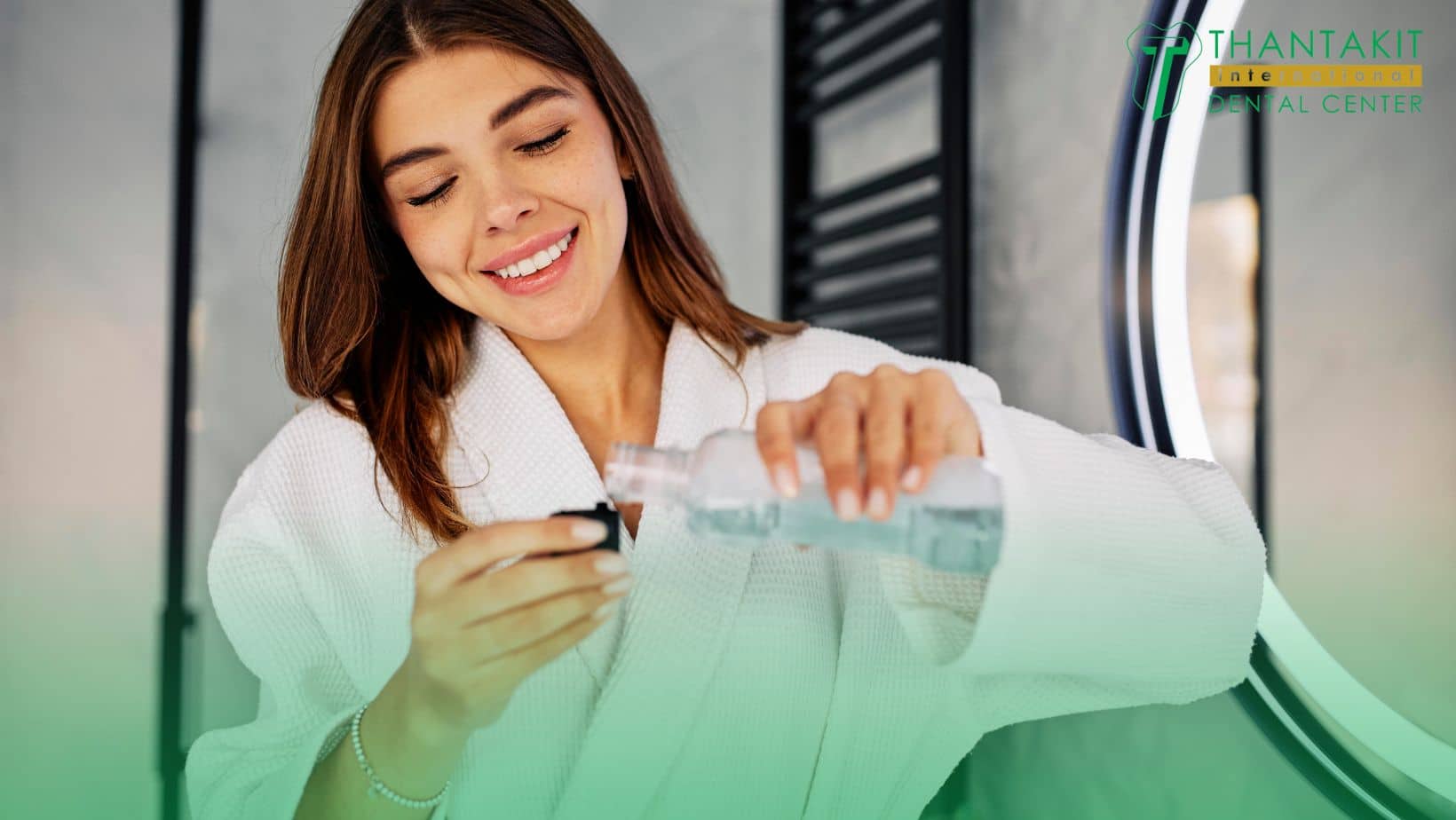
Prevent Mouthwash Drawbacks by Proper Usage
Dental specialists and experts warn that mouthwash should be used correctly and with due diligence to get the best results from it. You can overuse mouthwash, after all. Just follow the directions on the bottle and keep in mind the drawbacks from misuse outlined below.
-
Read the Label: As mentioned earlier, there are at least two different types of mouthwash, and specialized mouthwashes have their own subtypes. Since these products have their own purposes and ingredients, use them only when needed.
Prescription mouthwashes should only be used as prescribed by your dentist. Cosmetic or “regular” mouthwashes also recommend occasional use like every other day or every week. Use it twice daily only when required (like if you need to treat heavy halitosis).
-
Follow Its Instructions: There are certain mouthwashes that recommend you use them before brushing instead of after brushing. Other mouthwashes specify that you use them to rinse out the toothpaste after brushing.
Also remember that mouthwash isn’t a substitute for brushing and flossing. You can gargle mouthwash on short notice to get rid of bad breath (just like when eating mint). However, you still need to get back to your regular oral hygiene regimen ASAP.
-
Don’t Swallow the Mouthwash: Don’t swallow the mouthwash because you’re supposed to wash it in your mouth to rinse and catch all the food debris, plaque, and bacteria inside it for spitting afterwards. Swallowing it defeats its purpose.
Moreover, it’s not even formulated for ingestion. Certain prescription mouthwash has ingredients you shouldn’t swallow at all in large quantities because they’ll certainly prove toxic if done so.
-
Limit Alcohol-Based Mouthwashes: Only occasionally use alcohol-based mouthwashes because they have the side effect of drying your mouth, which ironically, you’ll have to address with a mouthwash for dry mouth.
It’s definitely not suitable for people who suffer from dry mouth! Also, they’re definitely one of those mouthwashes that follow the “Use occasionally and moderately” rule of thumb. Usually, alcohol-free options are less of a headache to use.
-
Consult Your Dentist for More Info: Consult your dentist if you’re not sure of which mouth rinse or mouthwash to buy for you. Or he can instead prescribe a specific prescription mouthwash in order to treat any ailment you might have.
A dentist can personalize recommendations based on your condition, oral health, and underlying dental or gingival diseases. As noted above, there’s mouthwash for everything, from post-surgery care to periodontal treatment.
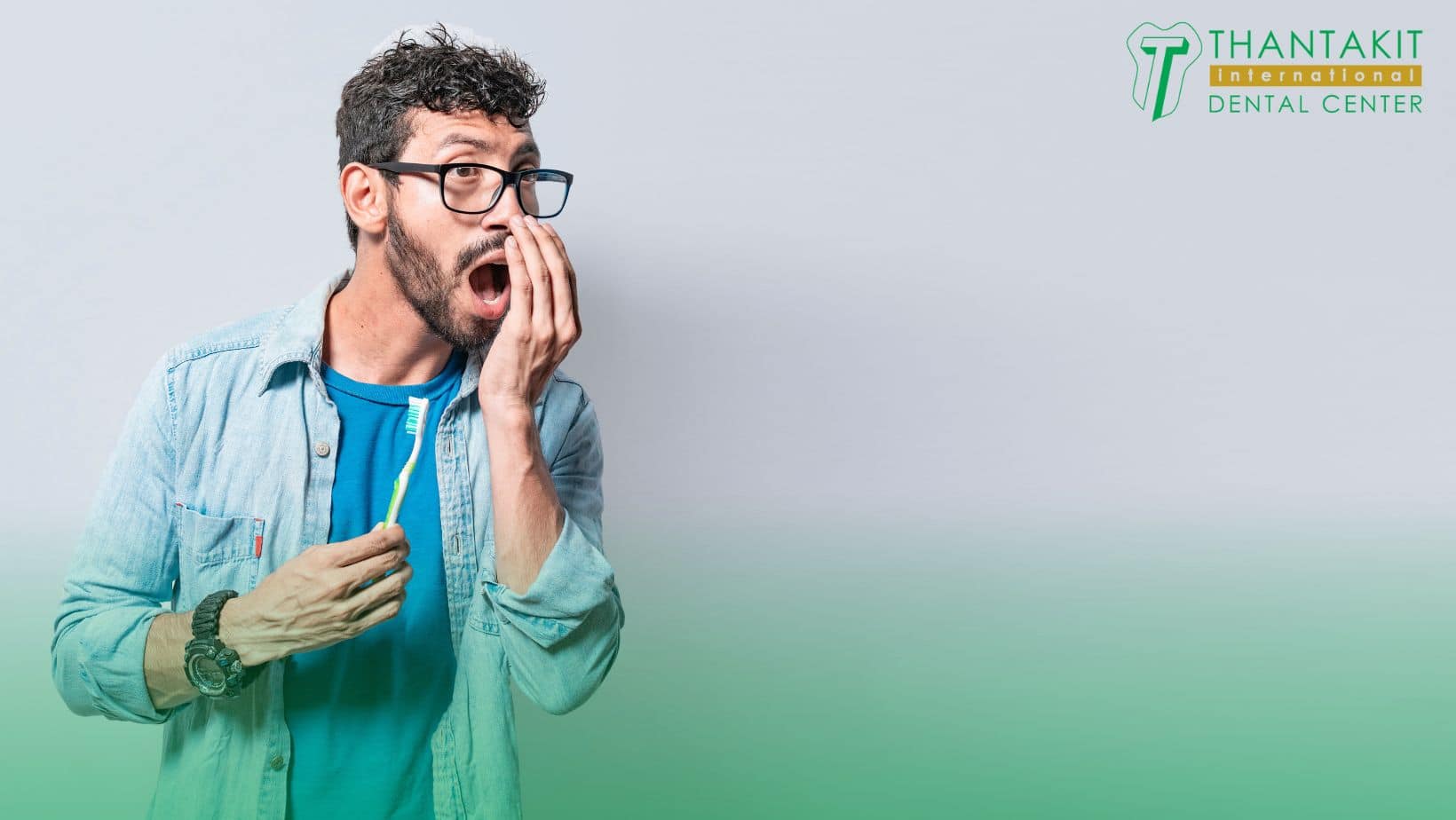
Is Mouthwash a Good Idea for You?
Mouthwash is an antibacterial, antiseptic rinsing solution that can also assist in teeth whitening and teeth enamel reinforcement depending on the ingredients included in it. It’s no substitute for brushing and flossing still.
It cannot remove plaque from your teeth, but it can kill bacteria that produces the plaque in the first place. You still need to brush your teeth to remove the plaque and food bits regardless.
If you’re a pregnant woman, you need to use an ADA-approved mouthwash throughout your entire pregnancy to prevent gum disease while keeping your unborn child safe from harm. Gum disease has direct links to low-birth-weight babies, preterm labor, and miscarriage.
Pregnancy involves huge hormone level fluctuations in nine months, which can cause gum irritation and vulnerability that the pregnant mother needs to address with a personalized oral hygiene regimen.
Look for Dental Assistance That You Can Trust
When it comes to dealing with gum disease, bleeding gums, plaque, tartar, and oral infections, avail yourself only of the best dental treatments available near you or even abroad.
Make a solid decision when it comes to dental centers by considering their reputation, experience, credentials, services, or treatments offered, available dental technology, cleanliness, location, and payment options.
You should also do your part by observing proper dental hygiene through brushing your teeth twice daily, flossing before brushing, and occasionally rinsing your mouth with mouthwash to keep the bacteria population low.
You can also go on a dental tour in Thailand through the Thantakit Dental Center to avail of normally expensive dental operations like orthodontics, prosthodontics, and cosmetic dentistry at a much affordable price even when travel expenses are included.
Thantakit International Dental Center is Thailand’s longest established dental center. Situated in Bangkok, our clinic is renowned across the world as a destination for world-class dentistry, with most of our patients flying to us from Australia.
Please contact us today and get a FREE dental consultation.
